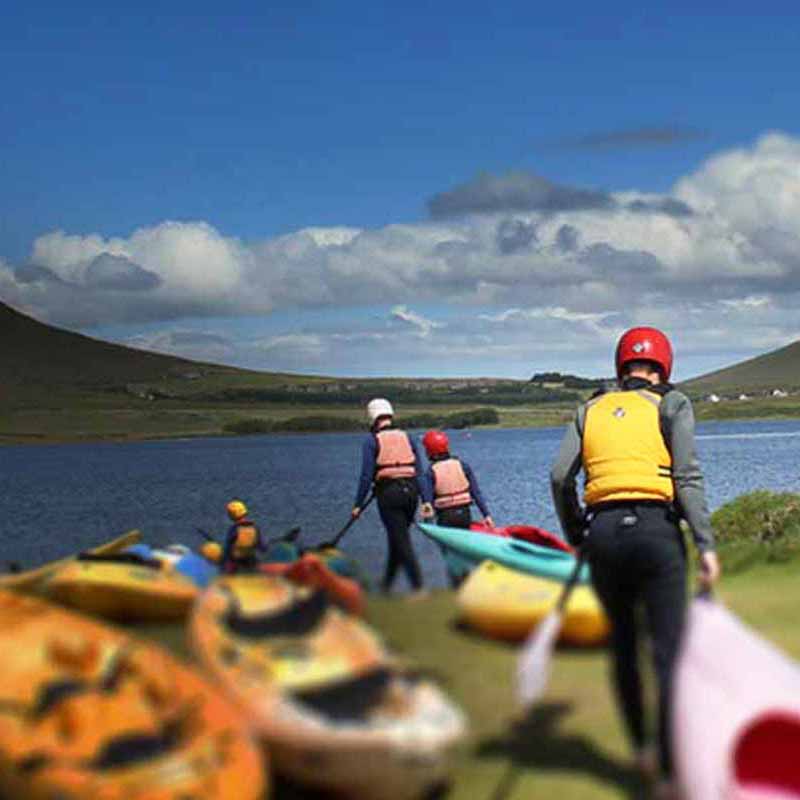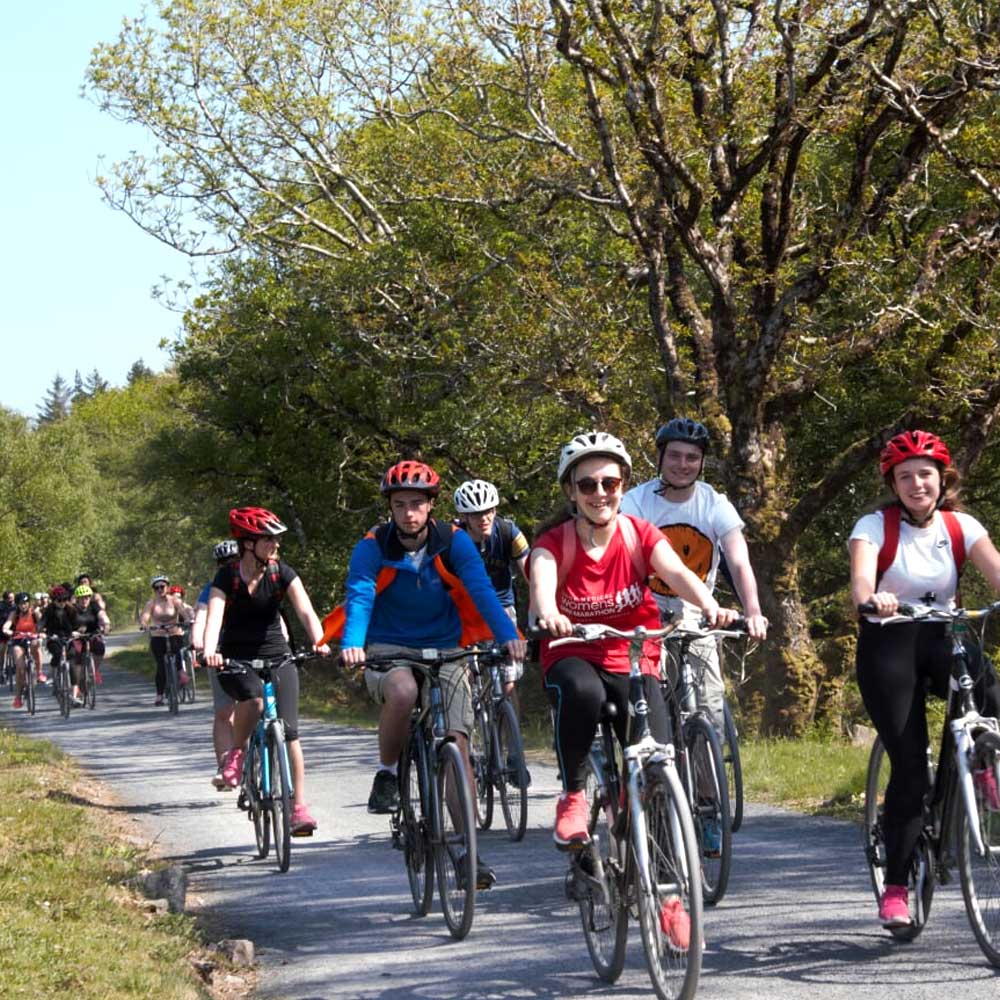Intermediate Surf Lessons
Surf Lessons
Intermediate Surf lessons
For beginner surfers looking to surpass the plateau of surfing on white water surfing, intermediate surf lessons are designed for students who can consistently stand on waves and surf to shore on the white water or swash.
Unlike beginner sessions, these sessions are tailored to students needs and are more specific to student’s requirements.
Paddling “outback”: To progress from white water surfing, surfers must begin to catch unbroken or “green waves”. To achieve this, pupils must learn to paddle out behind the broken waves, key to paddling out behind waves is learning to duck dive. This is the skill of pushing both the surf board and your body under the wave so as it passes over you and does not wash the surfer back towards shore.
Intermediate Surf Lessons
Catching unbroken waves: Catching unbroken waves requires more skill and positioning than catching broken waves. Instructors identify different parts of the unbroken wave, including the peak, shoulder, lip and tube. Instructors will then identify where a surfer should position themselves on the wave so as to make it as easy as possible to catch the wave before it breaks.
Pop up: When catching unbroken waves a student’s popup must be faster and more consistent than that of a surfer catching broken waves. Instructors will identify faults in the surfers popup and offer advice as to how to improve their popup so that it allows the improver surfer to successfully catch and surf more waves in a given session.
Surfing down the line: While beginner surfers surf directly towards the shore in the same direction as the wave is travelling, improver or intermediate are thought to surf along the wave at an angle to the shore. This allows the surfer to surf for a greater distance, while gathering more speed and allowing for a greater number of manoeuvres on the wave.
Surfing etiquette: Learning good surfing etiquette is important, student surfers learn about position on the wave, not dropping in on other surfers, while developing a respect for other water users and knowledge of lifeguard flags and signals.






